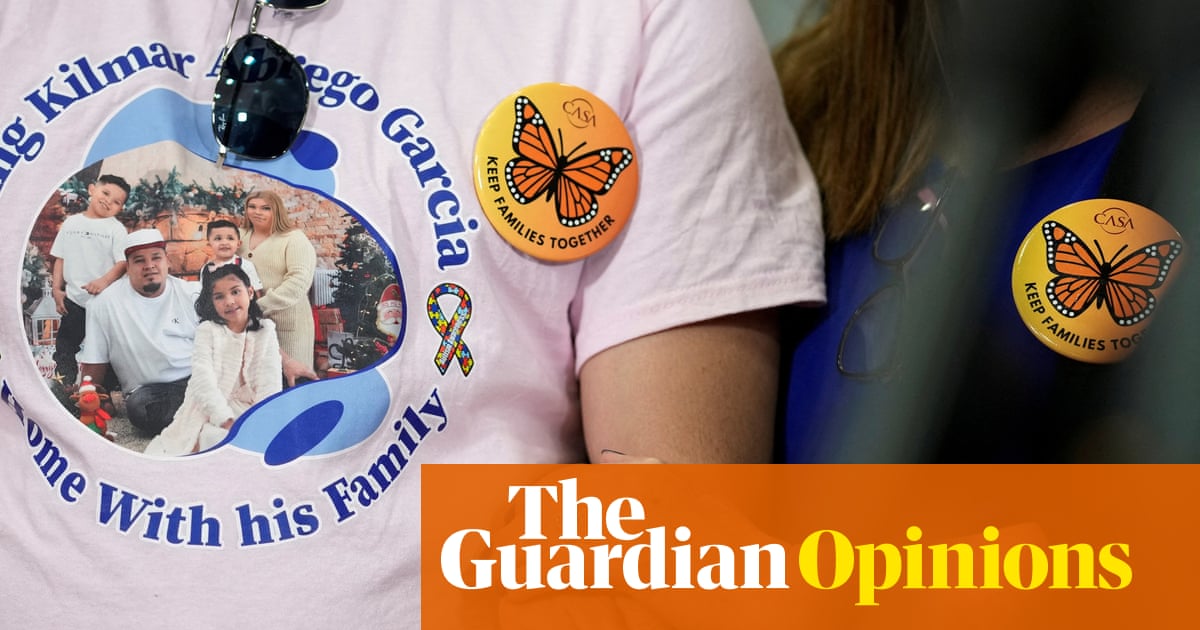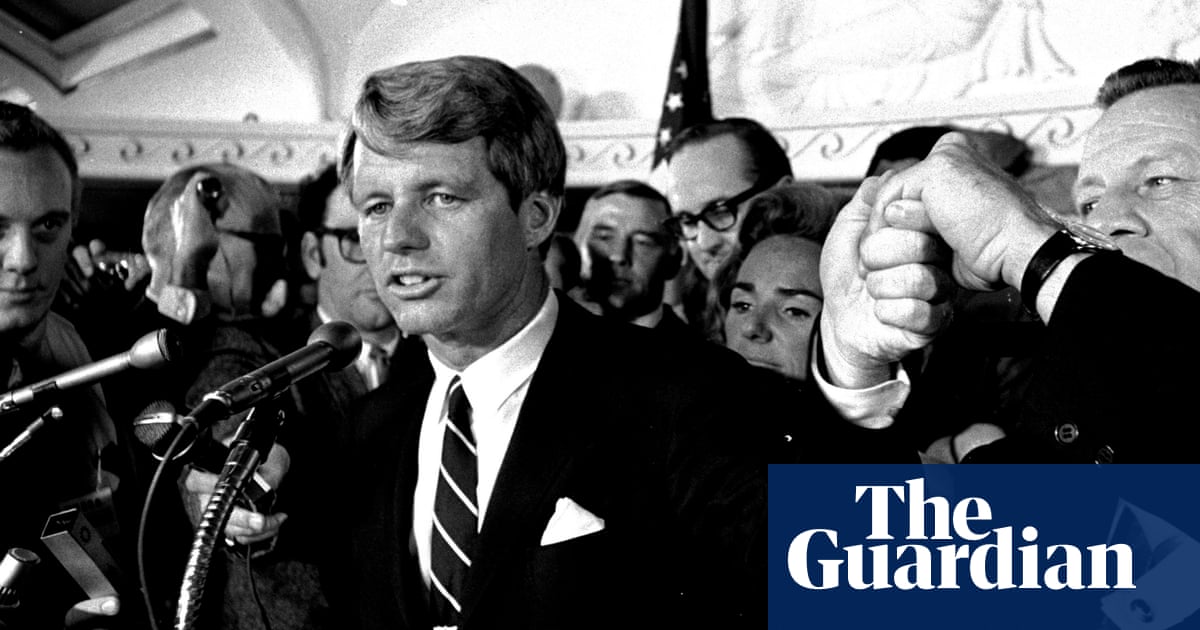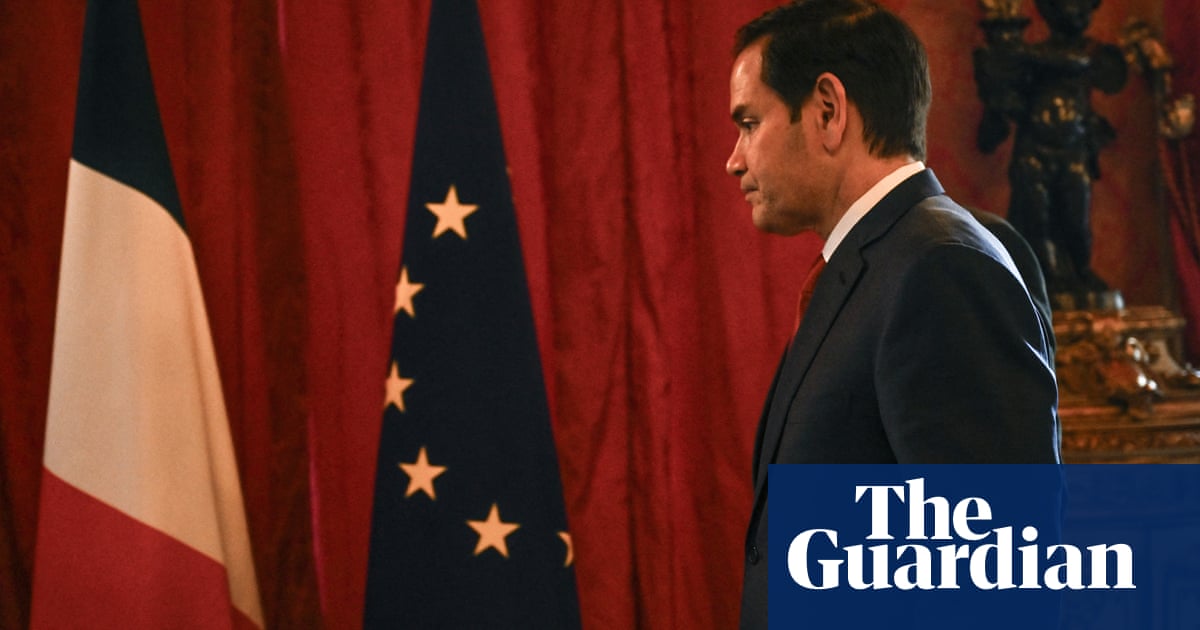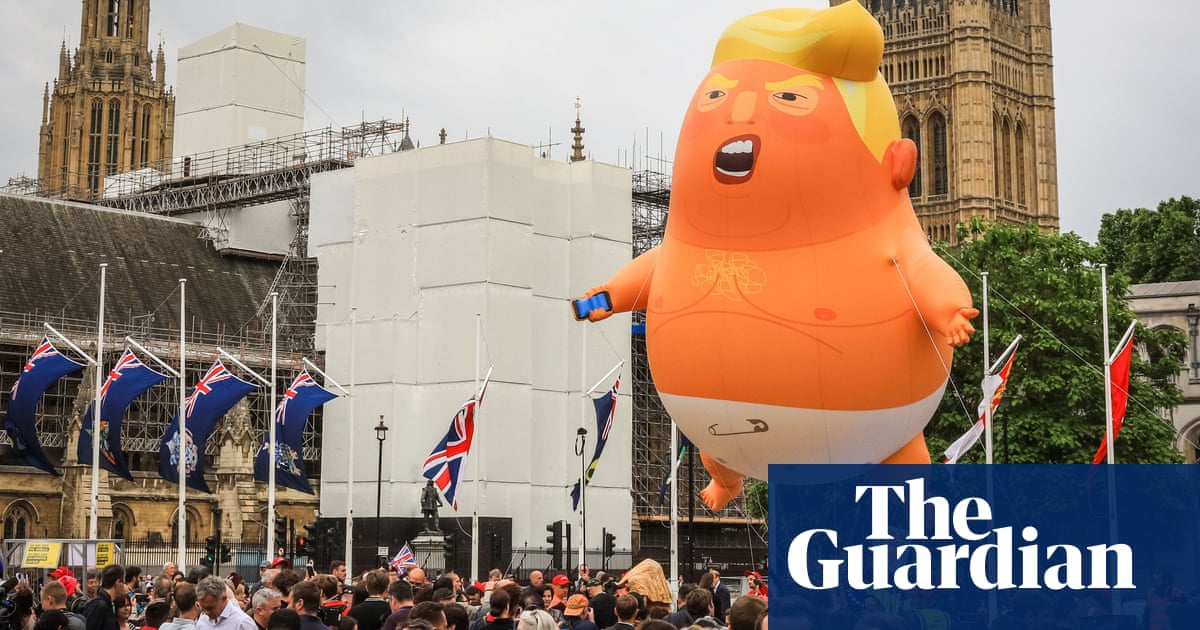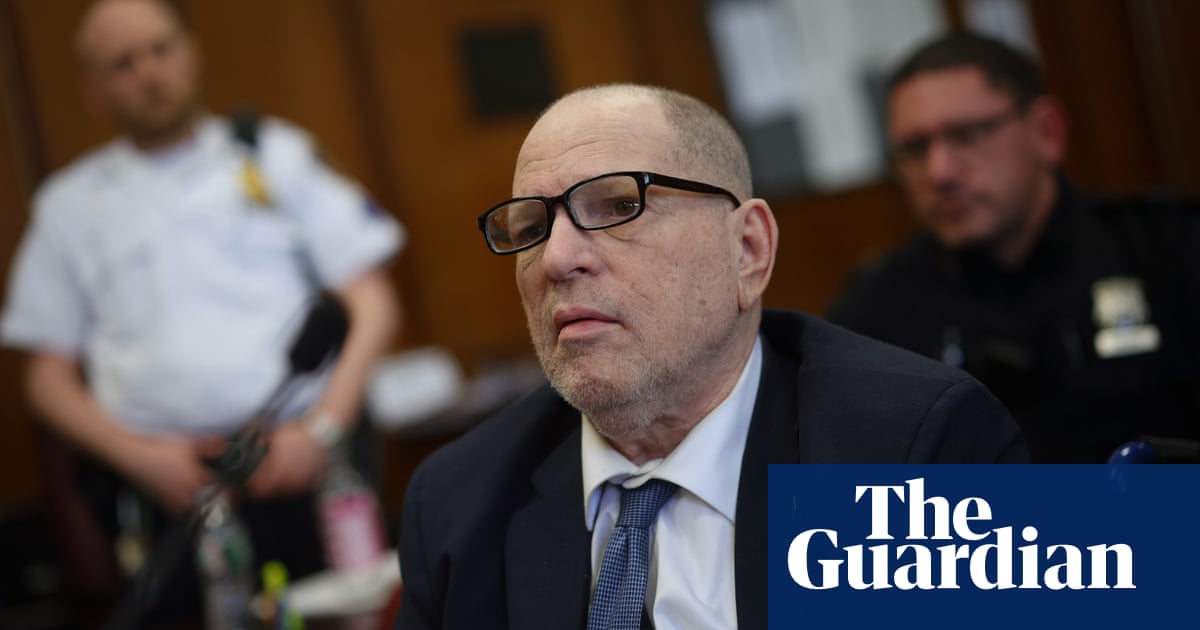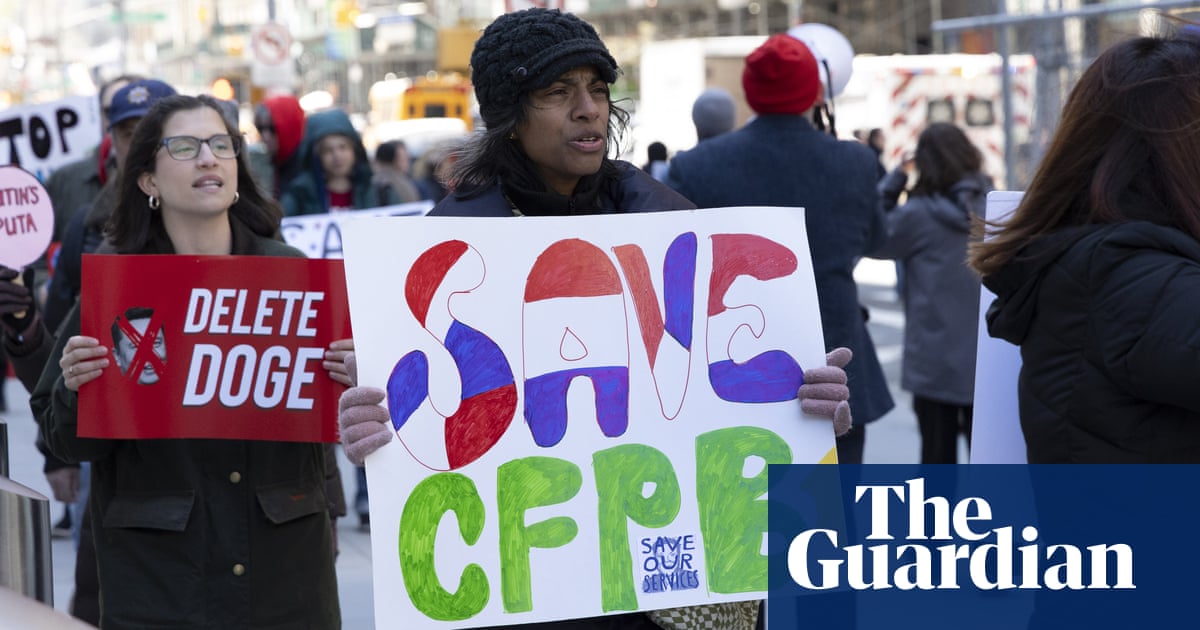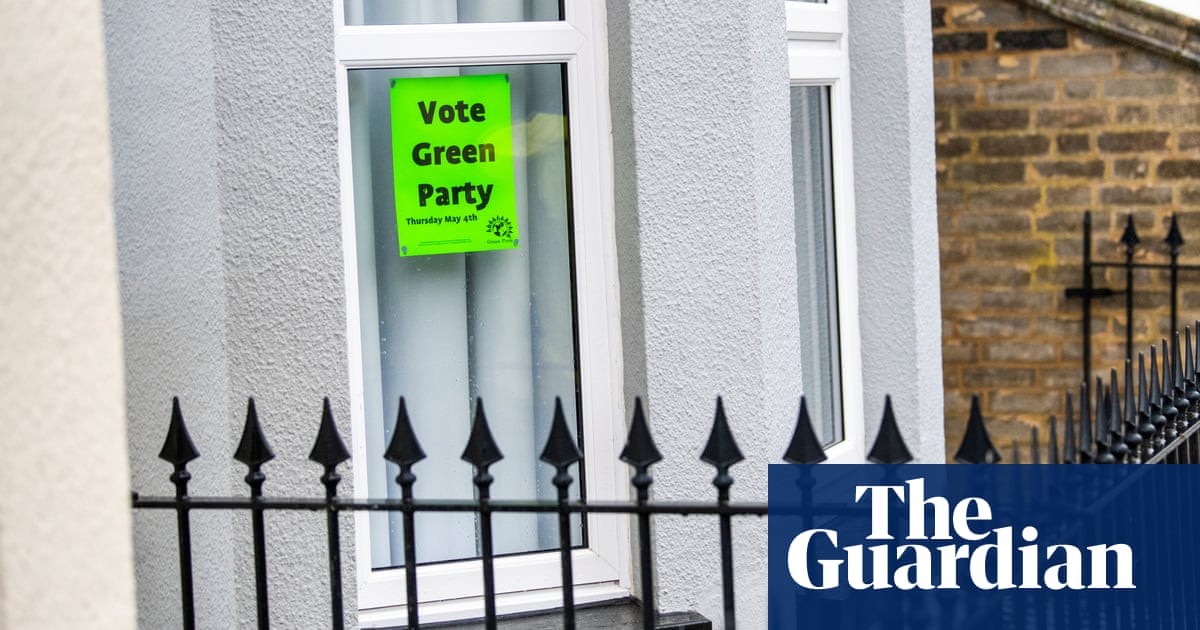Liz Truss has unveiled her new chapter, and if you can think of a better place for the madcap-economist former prime minister to do so than a cryptocurrency conference in Bedford, it would at the very least have to involve pirates or chimpanzees.
The “deep state”, “the elite” and the mainstream media cut short her time in office, so from here she sees no option but to launch her own social media platform. It’s a puzzler, because if she wants to praise Donald Trump and Elon Musk, peddle dark conspiracy theories and give the fullest possible account of her grandiose self-belief, she’d be in great company on X. But that wouldn’t be thinking big enough – she wants to create an entirely new network, “uncensored and uncancellable”, which will grow a grassroots movement of Trussites.
So often, Truss appears as a pioneer, whether that’s of free-market fundamentalism so radical as to give all markets a nervous breakdown, or of free-speech fundamentalism so trenchant that it needs its own domain. But she’s actually not the first Tory to try this. Matt Hancock launched his own app in 2018, when he was the culture secretary. His intention was completely opaque – he described it as “a chance for you to tell me what you think, and to engage with others on issues that matter to you”. You can lose hours wondering how he arrived at the conclusion that anyone wanted to tell him what they thought, before you get to the hard stop: if you wanted to engage with others who shared your views, and could find no space in the modern media landscape to do that, who would you choose as your conduit? Would it be Hancock, or would it be literally anybody else? What even were his views?
When the app closed five years later, it had reportedly been downloaded 5,000 times on Google Play, with an average user rating of 2.7. It is impossible to guess, I’m afraid, what those users were looking for, and how they came to be so disappointed. No, wait, I can guess. There were 4,999 journalists, looking for something juicy and coming away empty, plus Hancock’s mum.
The stranger experiment was Louise Mensch’s in 2012, when she launched Menshn, describing it as “Twitter for topics”. Mensch fell out with her co-founder and closed the site before anyone figured out what that meant. She had a lot in common with Truss, in fact – a quality of self-aggrandisement, a love of publicity – but what they didn’t share was context.
Back then, “freedom of speech” was already a dog-whistle for “why isn’t a decent person like me allowed to say offensive things?”, but there was no concerted attempt by the US to get Britain to repeal our laws on hate speech. And this was partly because there was no threat of tariffs and therefore nothing to leverage, but mainly because Barack Obama wasn’t trying to create an authoritarian state by radically circumventing allowable opinion, then accusing opponents of doing exactly that.
JD Vance, by contrast, finds any state measure to limit bile – particularly, at the moment, when directed at LGBTQ+ groups – to be a threat to freedom, and by extension, to western civilisation. He can square this with the fact that it’s now possible in the US to be arrested for attending a pro-Gaza protest. Truss’s project has a similar upside-down-world quality; in her telling, the noisiest of the rightwing are those living in perpetual fear of cancellation, and all legislative measures designed to preserve civility are actually acts of control and hostility to free citizens.
The similarity between her case and that of the Trumpians might not even register – you can easily imagine that administration having forgotten she was ever prime minister, and never clocking her fearless unilateral attempts to take the brakes off our hate speech legislation by creating the space to say hateful things. Nevertheless, you can see her taking heart from the company.
Furthermore, the “freedom of speech” debate has changed shape over the past decade: pre-Brexit, it was mainly a shortcut to negative attention. Going back to Michael Howard’s “Are you thinking what we’re thinking?” 2005 election slogan, if you flagged that you might be prepared to say something bigoted, that was catnip to a bored media. Post-Brexit, “freedom of speech” became a code for announcing which side you were on. If you wanted to talk about the customs union and the leaky Irish border, you were most likely a remainer. If you wanted to talk about freedom of speech, you were most likely a Brexiter.
Now its use has changed again: everyone knows it has nothing to do with censorship. Everyone knows that the same people who will fight to the death for their right to attack transgender kids are happy to ban books and close down political demonstrations. Everyone knows that “cancelled” means “except for the newspaper column and the show on GB News”. The use of the term is a straight bid to overwrite observable reality, until none of us know which way is up.
Does this make Truss’s enterprise more of a threat, since she’s singing from a global hymn sheet with a lot of reach and power? Or less of a threat, since she’s such an insignificant figure among people much louder and better resourced? It’s hard to tell at this distance, particularly since we don’t know how much cash is behind her, or who’s supplying it. But I feel sure this problem would go away if someone would just do the decent thing and give her a column in the Daily Mail.
-
Zoe Williams is a Guardian columnist

.png) 2 days ago
9
2 days ago
9

